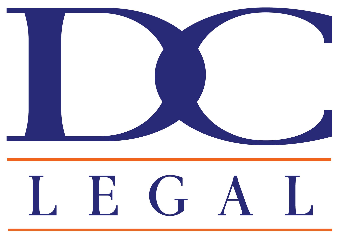How to Deal with Student Loans
It is a worst case scenario: you are out of school, but you haven’t found a job yet. You just received your first letter from your student loan servicing company, “welcoming” you as a customer, but all you see is the amount due – and you cannot afford it.
It is a more common problem than you would expect. Six months, while it sounds like a long time while you’re in school, flies by when you’re out of school. And once your grace period is over, you are going to have to start paying back your student loan debt. Unfortunately, the Bankruptcy Code provides zero help for student loans, which leaves many individuals feeling helpless.
Fortunately, if you cannot afford your student loan payments, there are options available.
Follow these three simple steps:
- Call Your Lender and Discuss Payment Plans
The first step in preventing a financial disaster is to call your student loan servicing company and discuss your payment plan options. Simply not paying your bills and hurting your credit is not a viable option, so call first and see what you can do.
If you have federal student loans, you have a number of repayment plan options. When you first see your statement in the mail, your lender defaults you into the standard repayment plan – which is 10 years of even payments. However, this may not work for everyone.
If you do not have a job yet and cannot make payments, you should look at an income-based repayment plan, such as IBR (Income-Based Repayment) or PAYE (Pay-As-You-Earn). Both of these plans use your income to calculate how much you will pay each month. If you have no income, your payments could be $0 per month – legally! Plus, both of these plans offer loan forgiveness at the end.
- Consolidate
Sometimes, student loan consolidation makes sense. If you have multiple federal student loans, consolidation may be an option to put them into one student loan and get better repayment terms that could make paying them off easier.
For example, you could consolidate your federal student loans into one direct consolidation loan, and extend the repayment period from 10 years to 30 years. Yes, you will pay more interest over the course of the loan, but your payments each month will be lower. Furthermore, you may still be able to qualify for the income based repayment plans on your new loan.
To check your eligibility for this, visit StudentLoans.gov.
- Ask for a Deferment or Forbearance
Finally, if none of the options above make sense, you may simply ask for a deferment or a forbearance.
A deferment is a period of time in which your principal and interest payments are delayed – meaning you do not have to make them. There are several events that qualify you for a deferment, including being enrolled in school and being unemployed.
Whichever option you choose, do not fall victim to predatory lenders looking to take advantage of you.







